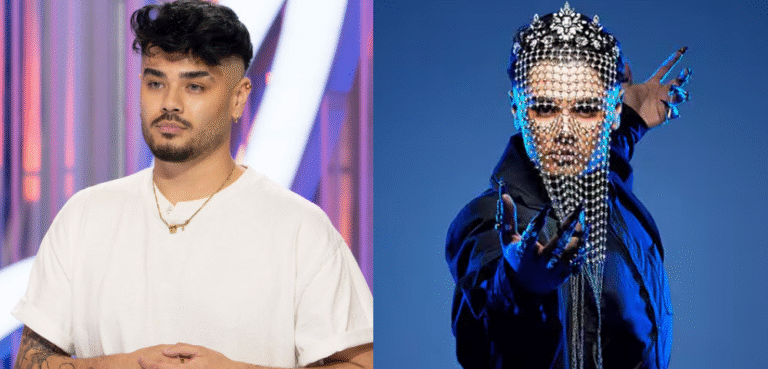
All hail Eurovision’s unapologetic queerness
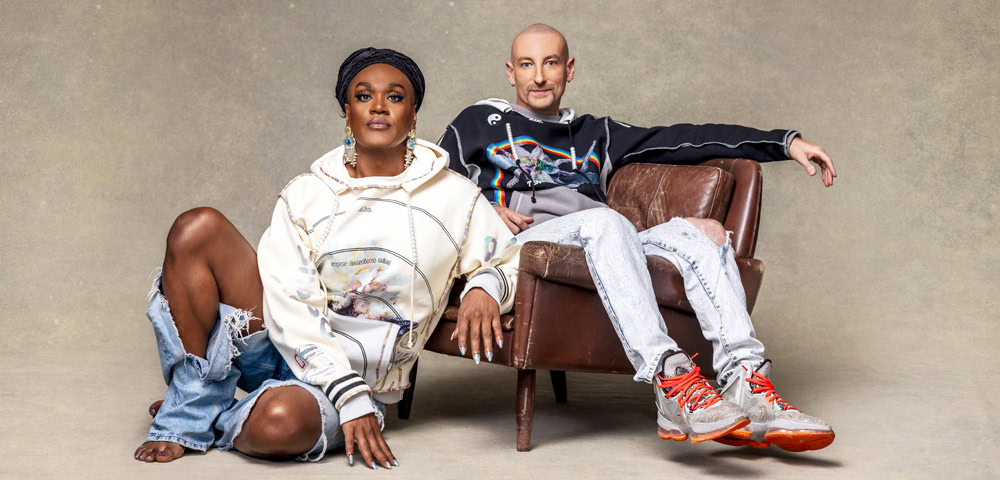
Our community has loved and supported Eurovision for generations, and this year, LGBTQI+ Aussies will be thrilled to find that Australia has finally gone all-in with our queer representation.
Electronica outfit Electric Fields will take the stage for Australia, and Aussie coverage is being hosted by LGBTQI+ legends and allies, including Joel Creasey, Myf Warhurst and Courtney Act.
Electric Fields is made up of Michael Ross and Zaachariaha Fielding. Both hailing from South Australia, the extraordinary voice you hear is Zaachariaha, and the brilliant Michael is the producer and keyboardist behind Electric Fields’ epic-scale, yet soulful electronica.

They’ll be performing their song ‘One Milkali (One Blood)’ at this year’s Eurovision Song Contest in Malmö, Sweden. Their performance will showcase Yankunytjatjara – an Aboriginal language of the Anangu peoples, one of the oldest living cultures on earth – on a world stage for the very first time.
“Yankunytjatjara sounds so beautiful when it is spoken and when it is sung,” Michael and Zaachariaha explain. “We are hoping to open the door for other Aboriginal Australians and first language speakers to take their language to the world.”
“Our main focus is authenticity as people, as artists, [so we] are truthfully woven into the lyrics and music. Because of this, our queerness naturally shines through.”
This stunning marriage of queer identity and culture marks Electric Fields as a genuinely unique contender for Eurovision. The pair are unashamedly queer in life and on stage, and it’s heartening seeing their fierce passion and excitement to perform, to show the world what they – and at a wider glance, what we, Australia’s diverse and distinctive LGBTQI+ community – are made of.
“Eurovision is one of the most free creative platforms around”, the pair say. “The LGBTQI+ community has had to hide their natural creativity sometimes just to stay safe, so when creativity is shamelessly celebrated, it helps us to feel free.”
Eurovision’s queer history
Since its humble beginnings in 1956, the Eurovision Song Contest today stands as an undeniably queer extravaganza. Sadly, queerness wasn’t always as visible in Eurovision as it is today. It took more than 40 years for the song contest to feature its first openly gay contestant: Iceland’s Paul Oscar performing “Minn hinsti dans” (“My Final Dance”) in 1997.
But after that, the rainbow flood gates quickly opened. Israeli trans woman Dana International won the competition with her track “Diva” in 1998, and Ukrainian drag queen Verka Serduchka created one of the most unforgettable performances in Eurovision history in 2007.
In 2013, Finland’s Krista Siegfrids made history performing her song ‘Marry Me’ in the grand final, when she kissed a female dancer to protest her government’s rejection of same-sex marriage. And of course, Austrian drag queen Conchita Wurst became a household name after her groundbreaking win in 2014.
Why DO gay people love Eurovision?
Despite Eurovision’s rich – albeit reasonably short – LGBTQI+ history, the question ‘Why do gay people love Eurovision’ is a surprisingly common search term on Google.
But its appeal is, to many in the LGBTQI+ community, exceedingly obvious. Eurovision is inherently queer, it is dramatic and vibrant, it is gorgeously camp, and celebrates queer creativity with aplomb – and it refuses to tone these elements down for anyone.
“Eurovision has always been a celebration of camp and music…” says Courtney Act.
“It hasn’t been about fitting in, it’s been about standing out, and as queer people we understand what not fitting in feels like. So I think that we have a certain sense of connection to the celebration of things that are different and weird and wonderful.”
Eurovision’s extreme campness
The queer community’s love of Eurovision is certainly rooted in its undeniable campness; the event is, down to its very DNA, inalterably ‘OTT’. Exravagance, exaggeration, cheesiness and melodrama – thy name is Eurovision.
Susan Sontag describes camp as something that represents the ‘love of the unnatural: of artifice and exaggeration’. In The Conversation, Matt Weaver writes, “Camp can represent the sense of subcultural community through the “gaying” of straight culture”.
“Although there was no actual representation in the beginnings of Eurovision, LGBTQ+ communities adapted for their own purposes and needs, using the joy of the song contest as a means to celebrate diversity.”
We came, we saw, we conquered, indeed. And now Eurovision’s glittering queer glory is beamed into the homes of more than 160 million people worldwide, gay straight and all in between – including those who do not like or acknowledge the LGBTQI+ community. An international event with enormous power and influence – and LGBTQI+ people are, whether our detractors like it or not, centre stage, being queer and camp as the day is long.
And the global LGBTQI+ community, and Eurovision itself, is unapologetic for it all. Honestly, what’s not to love about that? What can we say – we really do love a bit of drama.
You can see Electric Fields take the stage for Australia in the Eurovision Song Contest from Friday May 10-12 on SBS.
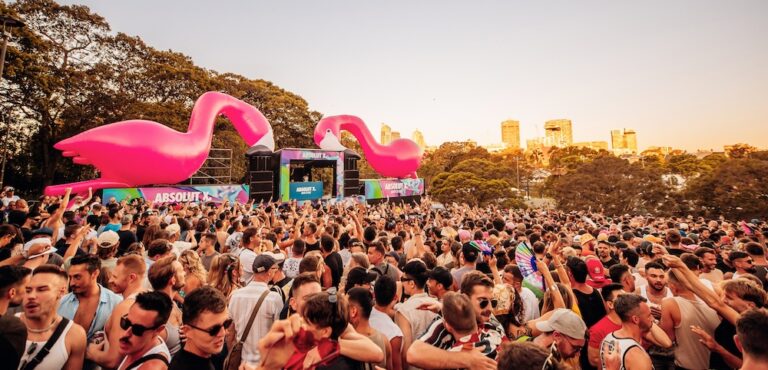
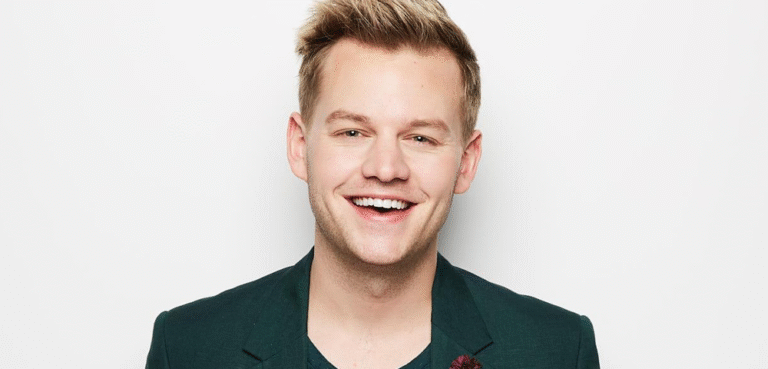
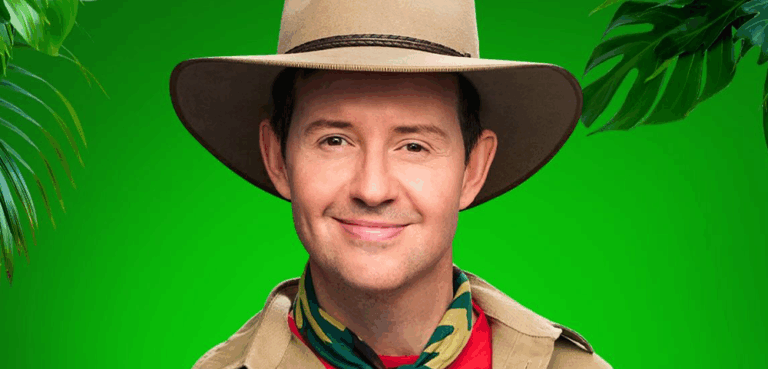
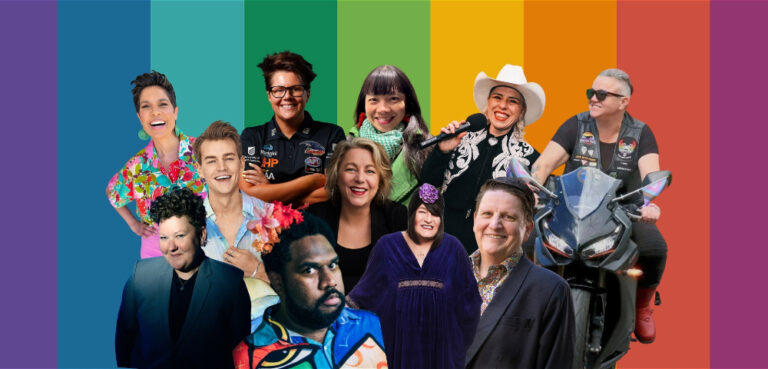
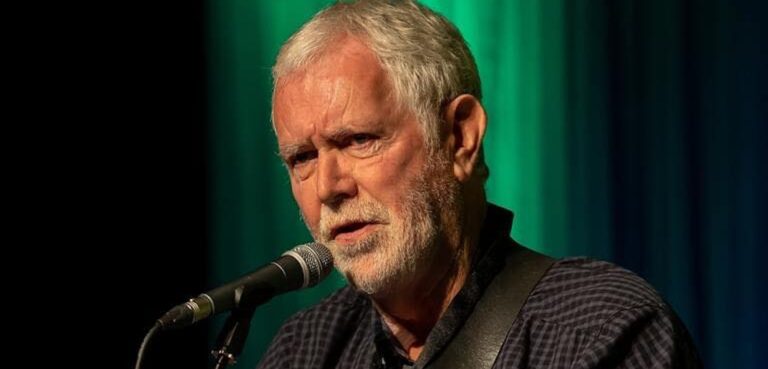
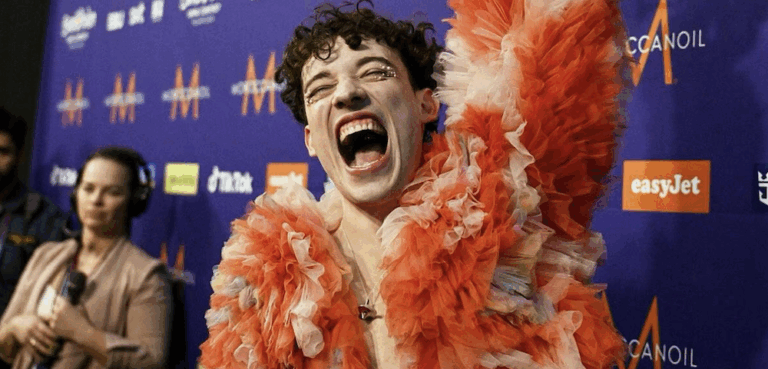
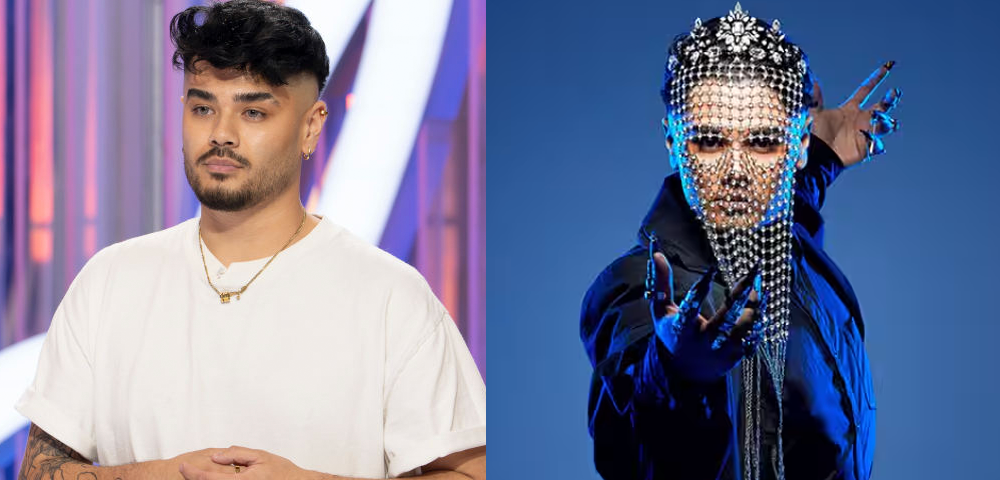
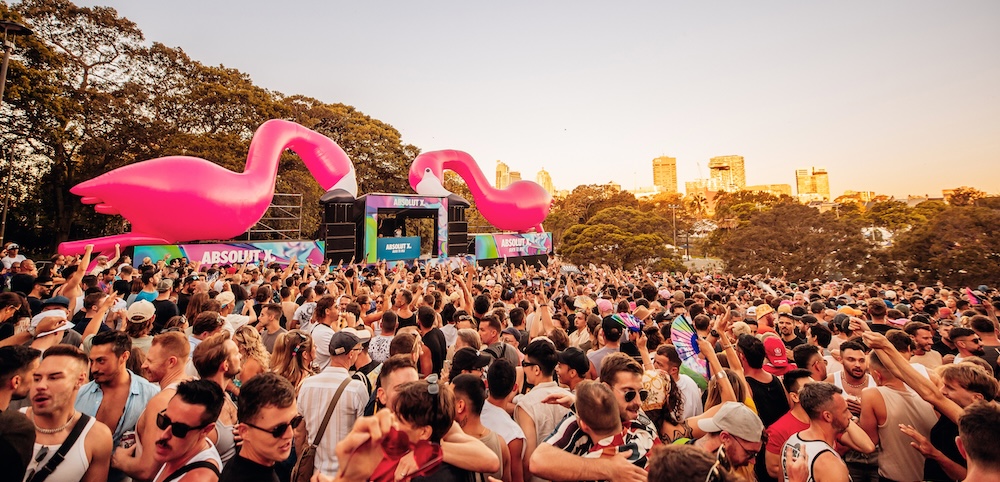
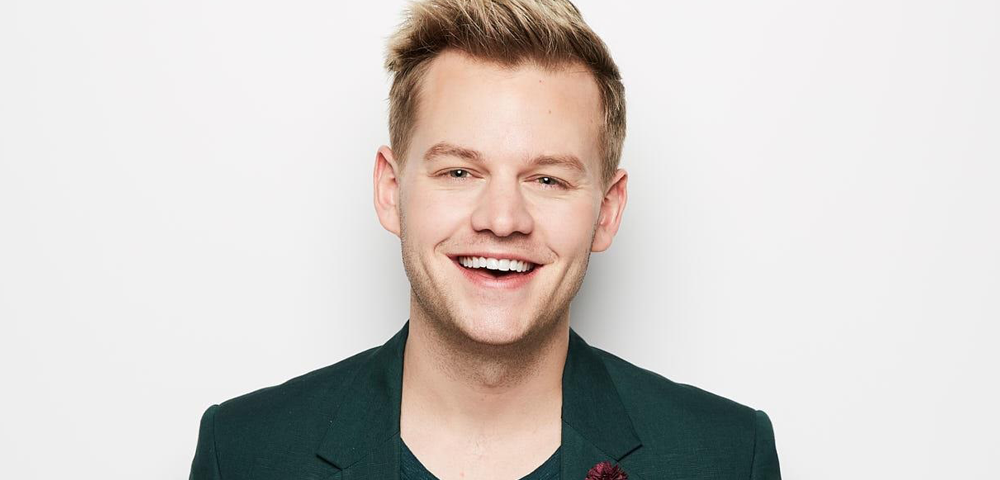
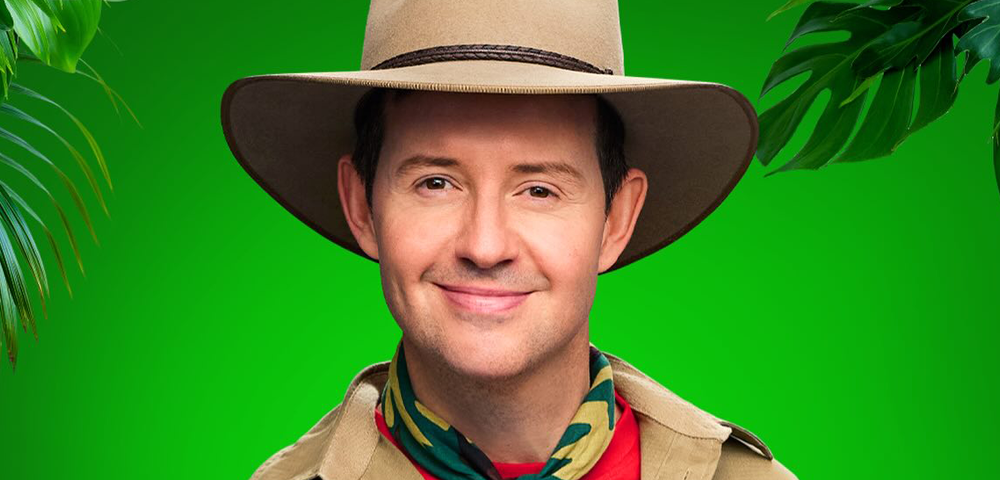
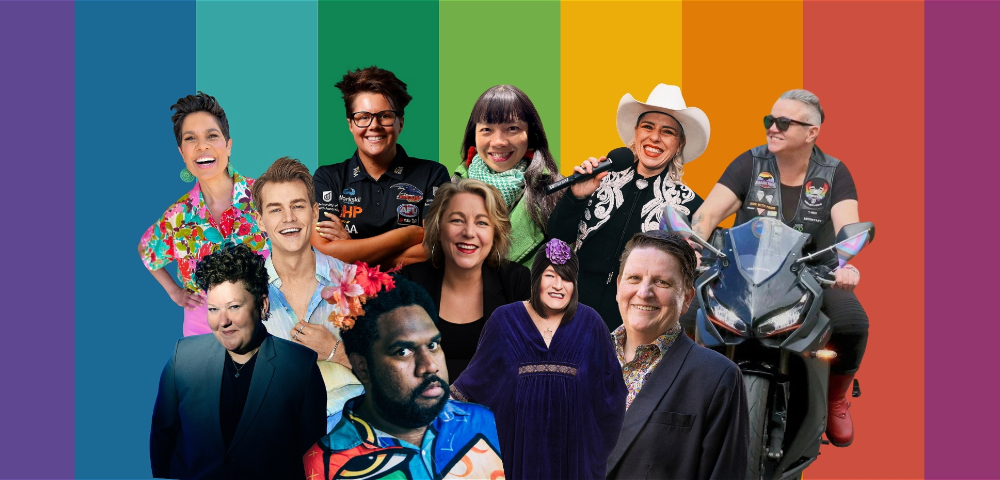
I generally love both Electric Field’s song “One Milkali (One Blood)” & Olly Alexander’s delightfully delirious “Dizzy”, subject to how other’s go I haven’t heard yet, Olly tentatively is already my No.1 vote. But would be so thrilled if Electric Fields took it out & Olly placed 2ND by not nearly second best at all. I will watch semi-finals this year & Final. And most essential for me any ABBA tributes that are planned to take place over the course of this year’s ESC.